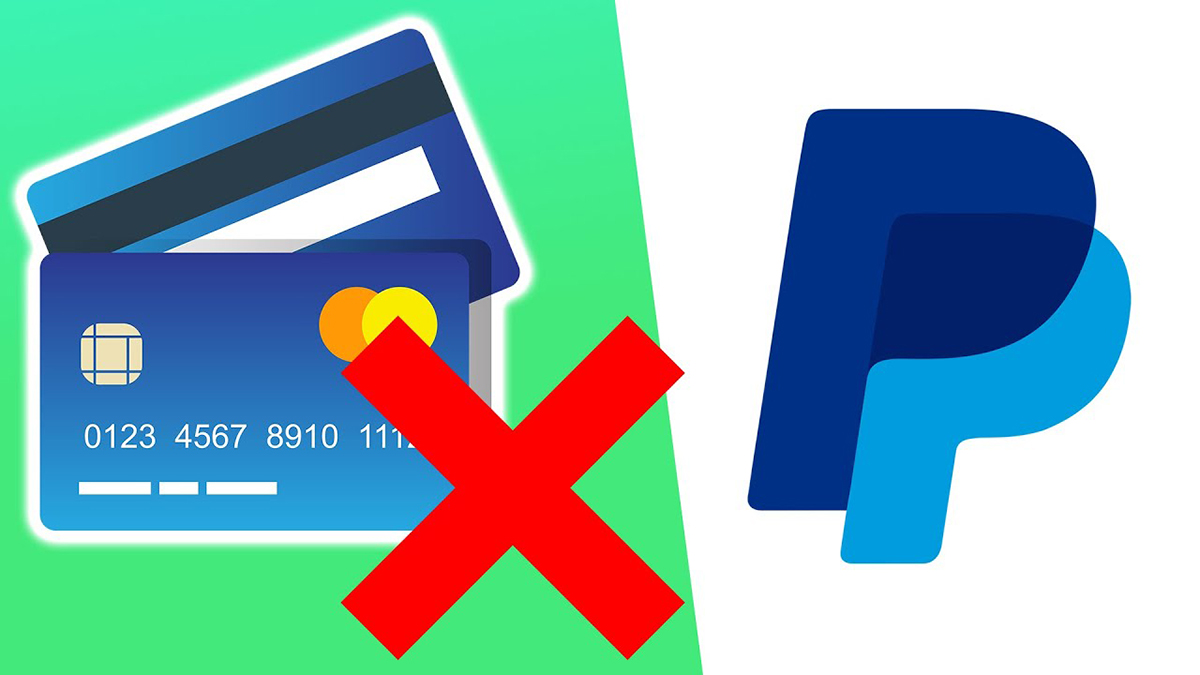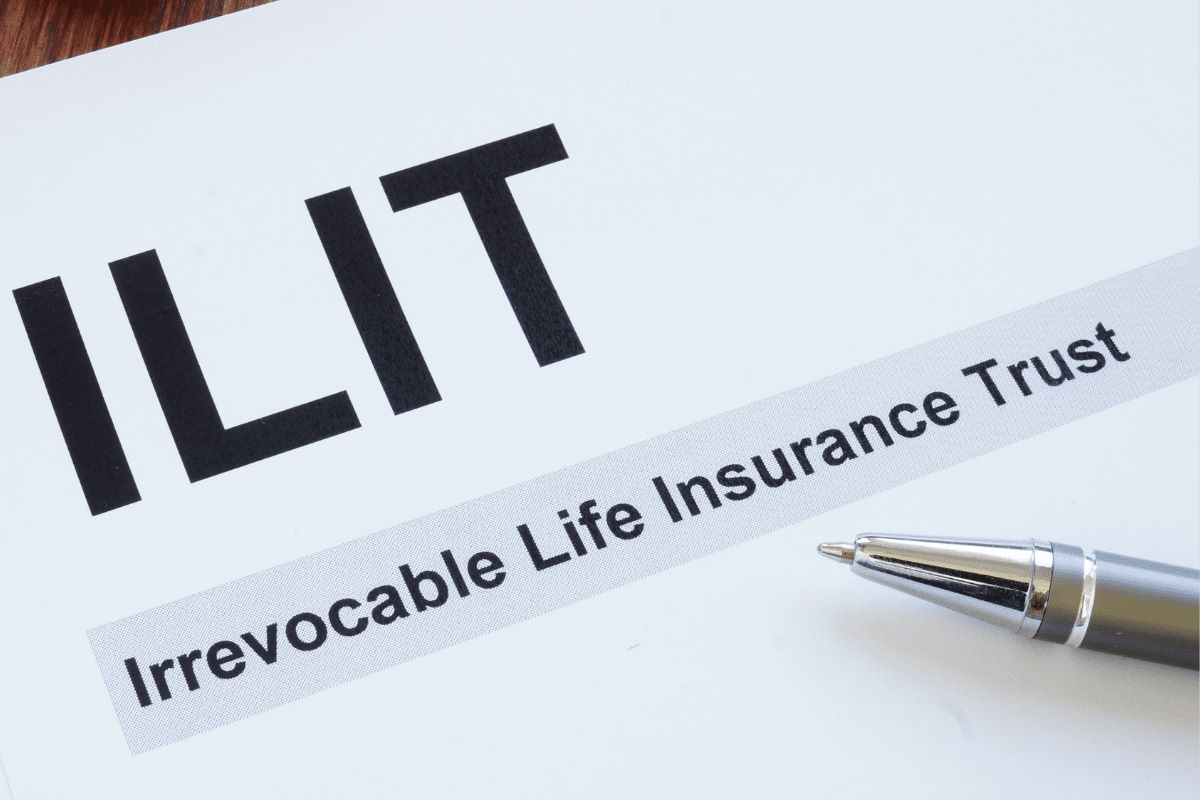Home>Finance>What Are Payday Loans And How Do They Keep People Trapped In A Repetitive Cycle?


Finance
What Are Payday Loans And How Do They Keep People Trapped In A Repetitive Cycle?
Published: January 23, 2024
Learn about the cycle of debt caused by payday loans and how to break free. Understand the impact of payday loans on personal finance.
(Many of the links in this article redirect to a specific reviewed product. Your purchase of these products through affiliate links helps to generate commission for LiveWell, at no extra cost. Learn more)
Table of Contents
- Understanding the Predatory Nature of Payday Loans
- Unpacking Payday Loans: A Closer Look at the Mechanics
- The Perpetual Cycle of Debt: How Payday Loans Entrap Borrowers
- The Devastating Impact of Payday Loans on Borrowers
- Exploring Sustainable Alternatives to Payday Loans
- Empowering Financial Resilience: A Call for Sustainable Solutions
Introduction
Understanding the Predatory Nature of Payday Loans
Payday loans have long been a contentious topic, often sparking debates regarding their ethical implications and the financial hardships they impose on borrowers. These short-term, high-interest loans are typically sought by individuals facing immediate financial constraints, with the expectation of repaying the borrowed amount upon receiving their next paycheck. While this may seem like a viable solution for those in urgent need, the reality is far more complex.
The allure of payday loans lies in their accessibility, offering quick cash without the extensive credit checks associated with traditional bank loans. However, the convenience comes at a steep cost, as the exorbitant interest rates and fees can lead borrowers into a perilous cycle of debt. Understanding the mechanisms behind payday loans is crucial in unraveling the intricacies of their detrimental impact on individuals and communities.
These loans are often marketed as a lifeline for those with limited financial options, but the truth is that they can exacerbate existing financial instability. By delving into the inner workings of payday loans and shedding light on the cyclical nature of debt they perpetuate, we can gain a deeper understanding of the challenges faced by those ensnared in this borrowing trap. Through this exploration, we aim to uncover the far-reaching implications of payday loans and advocate for sustainable alternatives that prioritize the financial well-being of borrowers.
Unpacking Payday Loans: A Closer Look at the Mechanics
At their core, payday loans are designed to provide immediate funds to individuals facing unforeseen expenses or financial emergencies. These loans are typically characterized by their short repayment periods, often due on the borrower’s next payday, hence the name. The application process is relatively straightforward, requiring minimal documentation and credit checks, making them appealing to those with poor credit scores or limited access to traditional banking services.
Upon approval, borrowers receive the requested funds, usually ranging from a few hundred to a few thousand dollars, depending on state regulations and the individual’s income. However, the convenience of quick cash comes with a hefty price tag, as payday loans are accompanied by exorbitant interest rates and fees. In some cases, the annual percentage rate (APR) on these loans can soar into the triple digits, far surpassing that of conventional loans or credit cards.
One of the most concerning aspects of payday loans is the predatory lending practices employed by some lenders. They often target vulnerable individuals, including low-income earners and communities with limited access to financial resources. The lack of stringent affordability assessments and the ease of obtaining these loans can lead to borrowers becoming trapped in a cycle of debt, perpetuating their financial struggles.
It is essential to recognize that the structure of payday loans hinges on the borrower’s inability to repay the full amount by the due date, thereby necessitating rollovers or renewals. This cycle of borrowing and repaying, often at exorbitant costs, can result in a snowball effect, where the initial loan amount balloons into a substantial financial burden.
By comprehending the inner workings of payday loans, including their accessibility, high costs, and the potential for trapping borrowers in a cycle of debt, we can gain insight into the challenges faced by those who turn to these loans in times of need. This understanding forms the foundation for exploring the broader implications of payday lending and seeking sustainable solutions to alleviate the financial strain experienced by vulnerable borrowers.
The Perpetual Cycle of Debt: How Payday Loans Entrap Borrowers
The allure of payday loans as a quick-fix solution for immediate financial needs often masks the insidious cycle of debt that ensnares countless borrowers. This cycle typically begins with a borrower encountering an unexpected expense or facing a shortfall between paychecks, prompting them to seek a payday loan for temporary relief.
Upon receiving the loan, borrowers are required to repay the full amount, along with exorbitant fees and interest, within a short timeframe, typically two weeks to a month. However, the reality is that many borrowers find themselves unable to meet this obligation due to their ongoing financial constraints. As a result, they may opt to roll over the loan by paying the fees to extend the due date, or they may take out a new loan to cover the outstanding amount, plunging deeper into debt.
This pattern of borrowing and renewing or rolling over loans is where the cycle of debt gains momentum. Each renewal or new loan accrues additional fees and interest, compounding the financial burden on the borrower. Consequently, what began as a temporary fix evolves into a relentless cycle of indebtedness, with the borrowed amount ballooning exponentially due to the compounding interest and recurring fees.
Moreover, the cycle of debt perpetuated by payday loans often leads to a myriad of adverse consequences, including diminished financial stability, increased stress and anxiety, and a heightened risk of falling into a debt trap. The compounding nature of payday loan debt can exacerbate existing financial challenges, making it exceedingly difficult for borrowers to break free from this cycle and regain control of their finances.
Understanding the cyclical nature of payday loan debt is pivotal in recognizing the systemic challenges it poses to individuals and communities. By shedding light on the mechanisms that perpetuate this cycle, we can advocate for measures to mitigate the adverse impact of payday loans and empower borrowers to pursue sustainable avenues for addressing their financial needs.
The Devastating Impact of Payday Loans on Borrowers
The repercussions of payday loans extend far beyond the initial financial shortfall that led borrowers to seek these high-cost, short-term solutions. The pervasive impact of payday loan debt reverberates throughout the lives of those caught in its grasp, manifesting in various forms of financial, emotional, and psychological distress.
Financial Instability: Payday loans can exacerbate the financial instability of borrowers, as the exorbitant fees and interest rates often lead to a cycle of debt that becomes increasingly difficult to escape. This perpetual state of indebtedness can hinder long-term financial planning and erode the financial well-being of individuals and families.
Emotional Stress: The burden of payday loan debt can precipitate significant emotional stress and anxiety, as borrowers grapple with the weight of unmanageable financial obligations. The constant pressure to repay these high-cost loans can take a toll on mental well-being, exacerbating feelings of helplessness and despair.
Impact on Relationships: The strain of payday loan debt can permeate interpersonal relationships, leading to heightened tension and discord within families and social circles. The financial strain imposed by these loans can strain relationships and erode the support systems that are crucial for navigating challenging times.
Credit Score Implications: Defaulting on payday loans or engaging in repeated borrowing can have deleterious effects on borrowers’ credit scores, further limiting their access to affordable financial products and perpetuating a cycle of financial exclusion.
Overall, the impact of payday loans transcends mere financial implications, permeating various facets of borrowers’ lives and perpetuating a cycle of hardship. By recognizing the multifaceted toll of payday loan debt, we can underscore the urgency of implementing sustainable alternatives that prioritize the financial well-being and empowerment of individuals and communities.
Exploring Sustainable Alternatives to Payday Loans
Amid the pernicious cycle of debt perpetuated by payday loans, it is imperative to explore and promote sustainable alternatives that empower individuals to address their financial needs without succumbing to high-cost, short-term borrowing. By advocating for viable alternatives, we can mitigate the adverse impact of payday loans and foster financial resilience within communities.
1. Financial Counseling and Education:
Equipping individuals with financial literacy and providing access to counseling services can bolster their ability to make informed decisions and navigate financial challenges effectively. By promoting financial education and counseling, communities can empower individuals to manage their finances prudently and avoid resorting to high-cost borrowing options.
2. Community-Based Lending Programs:
Community lending initiatives, such as micro-loan programs and credit unions, offer a viable alternative to payday loans. These programs prioritize affordability and financial inclusion, providing individuals with access to small, low-interest loans and fostering a sense of community support and financial empowerment.
3. Employer-Sponsored Financial Wellness Programs:
Employers can play a pivotal role in promoting financial wellness among their employees by offering resources such as financial planning workshops, employee assistance programs, and access to low-interest emergency loans. These initiatives can alleviate the immediate financial burdens faced by employees, reducing the reliance on high-cost borrowing options.
4. Government and Nonprofit Initiatives:
Government agencies and nonprofit organizations can spearhead initiatives aimed at providing affordable credit options, emergency assistance programs, and financial counseling services to underserved communities. By fostering collaboration between public, private, and nonprofit sectors, these initiatives can address the root causes of financial instability and offer sustainable solutions to individuals in need.
By promoting these alternatives and advocating for comprehensive financial empowerment, we can work towards mitigating the adverse impact of payday loans and fostering a climate of financial resilience and inclusivity. Through collaborative efforts and a commitment to sustainable solutions, we can empower individuals to navigate financial challenges without falling prey to the pitfalls of high-cost, short-term borrowing.
Empowering Financial Resilience: A Call for Sustainable Solutions
The pervasive impact of payday loans and the cyclical debt trap they engender underscore the urgent need for sustainable alternatives that prioritize the financial well-being of individuals and communities. As we conclude this exploration, it is imperative to acknowledge the multifaceted challenges posed by payday loans and advocate for comprehensive measures to mitigate their adverse effects.
By unraveling the predatory nature of payday loans and delving into the cyclical debt they perpetuate, we have gained insight into the systemic challenges faced by borrowers. The devastating impact of payday loans extends beyond financial strain, permeating emotional well-being, relationships, and long-term financial stability. This underscores the imperative of promoting sustainable alternatives that empower individuals to address their financial needs without succumbing to high-cost, short-term borrowing.
As we advocate for change, it is crucial to champion initiatives such as financial education and counseling, community-based lending programs, employer-sponsored financial wellness programs, and government and nonprofit initiatives. These alternatives prioritize affordability, inclusivity, and empowerment, offering a pathway to financial resilience that transcends the pitfalls of payday loans.
Ultimately, by fostering collaboration between public, private, and nonprofit sectors and promoting financial empowerment at the individual and community levels, we can pave the way for sustainable solutions that alleviate the reliance on high-cost borrowing options. Empowering individuals to navigate financial challenges with dignity and resilience is not only a moral imperative but a catalyst for fostering thriving, financially inclusive communities.
Through our collective commitment to advocating for sustainable alternatives and fostering financial resilience, we can effect meaningful change and pave the way for a future where individuals are empowered to address their financial needs without being ensnared in the cycle of debt perpetuated by payday loans.














